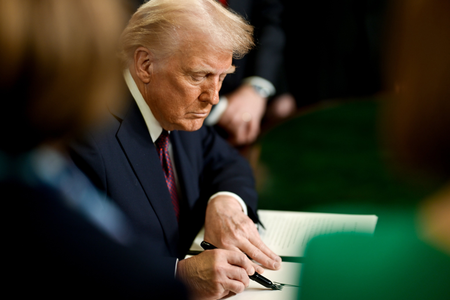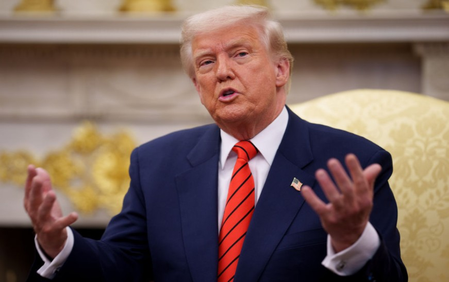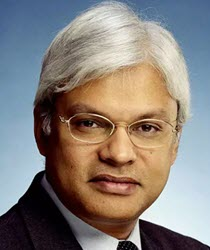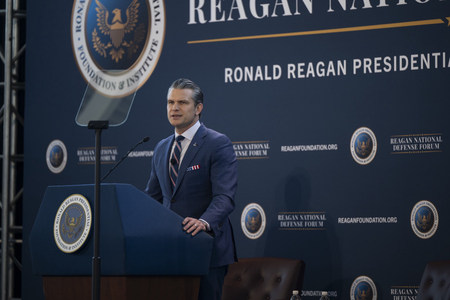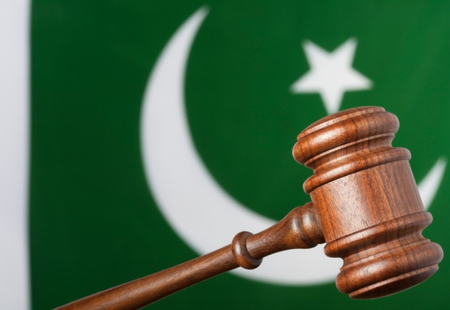
Colombo, Oct 12 (IANS) Pakistan judiciary’s independence under siege from campaign of constitutional engineering, political interference, and institutional retaliation. The question arises whether Pakistan’s courts will be able to function as guardians of the law or whether they will be reduced to instruments of control, a report has said.
A report in Sri Lanka-based Daily Mirror stated, “Pakistan’s judiciary stands at a perilous crossroads, its independence under siege from a coordinated campaign of constitutional engineering, political interference, and institutional retaliation. The passage of the 26th Constitutional Amendment and the Supreme Court’s reversal of its own landmark ruling on military trials have exposed a deeper crisis, one not merely of legal interpretation, but of existential consequence. The question now is whether Pakistan’s courts can continue to function as guardians of the law, or whether they will be reduced to instruments of control, hollowed out by the very forces they were meant to check.”
The unraveling started when mass protests erupted in Pakistan following the arrest of former Prime Minister Imran Khan in 2023. In response to the protests, thousands of Pakistan Tehreek-e-Insaf (PTI) supporters were arrested, many of them civilians charged under military laws. The Supreme Court’s judgement in October 2023 termed such trials unconstitutional. The court’s order indicated willingness to confront entrenched power. However, its assertion was short lived as the military establishment considered the ruling as a direct threat to its authority and responded with structural retaliation.
On 21 October 2024, the 26th Constitutional Amendment was enacted, introducing two changes – setting up of a Special Parliamentary Committee, dominated by political actors, to appoint the Chief Justice of Pakistan and reconfiguring the Judicial Commission of Pakistan (JCP), shifting its composition in favour of the executive and legislature, according to the report. This move dismantled the traditional seniority-based elevation system and the JCP was asked to appoint members to newly formed Constitutional Bench, now the only authority on constitutional matters.
The Daily Mirror report stated: “The implications of these changes are profound. Santiago Canton, Secretary General of the International Commission of Jurists, warned that the amendments introduce ‘an extraordinary level of political influence over judicial appointments and administration,’ eroding the judiciary’s ability to act as a check on state excesses and protect human rights. The process itself was emblematic of the disregard for democratic norms: draft amendments were kept secret, no public consultations were held, and Parliament passed the legislation without meaningful debate. The principle of participatory lawmaking, a cornerstone of democratic governance, was flagrantly violated.”
On May 7, 2025, the newly established Constitutional Bench delivered its first verdict, where it overturned the October 2023 decision and reinstated clauses of the Pakistan Army Act that allow military trials of civilians. The move was justified on national security grounds, citing attacks on military installations. However, the constitutional bench’s decision was not only reversal of verdict but a dangerous support for military jurisdiction over civilian matters.
The report further mentioned: “The Bench is emerging as a judicial shield for authoritarianism, cloaking repression in the language of constitutionalism and sanitizing rights violations through procedural legitimacy. Its validation of military courts has dulled the legal system’s defenses and numbed public resistance to authoritarian drift. Independence is no longer under threat; it is being actively dismantled. Pakistan’s judiciary is fighting a battle for its soul. Whether it can withstand the pressure or succumb to institutional capture will determine not only the fate of legal autonomy but the future of democratic governance itself. The stakes are no longer confined to courtrooms; they extend to every citizen who relies on the rule of law as a bulwark against tyranny. The question is not whether independence is under attack. It is whether it can survive.”
–IANS
int/akl/pgh

